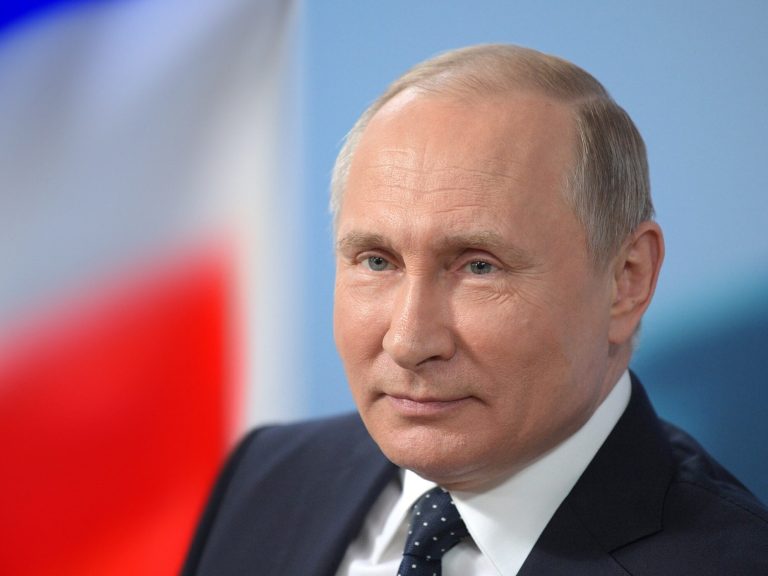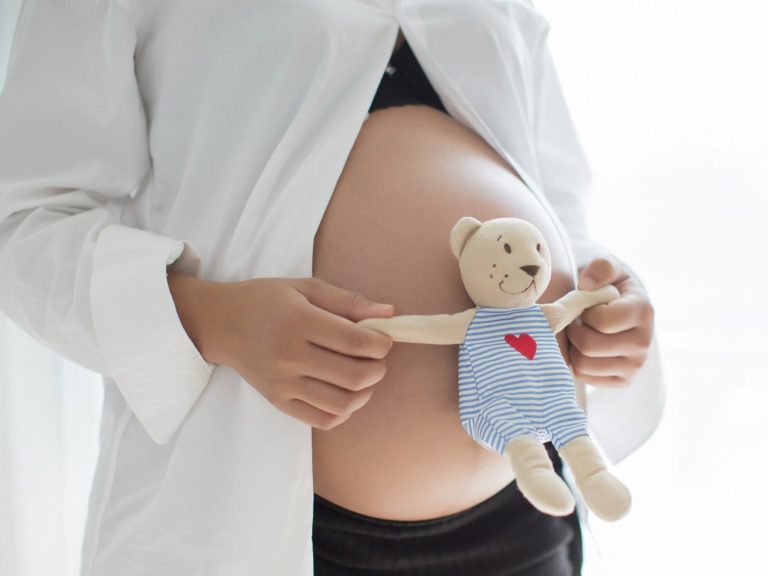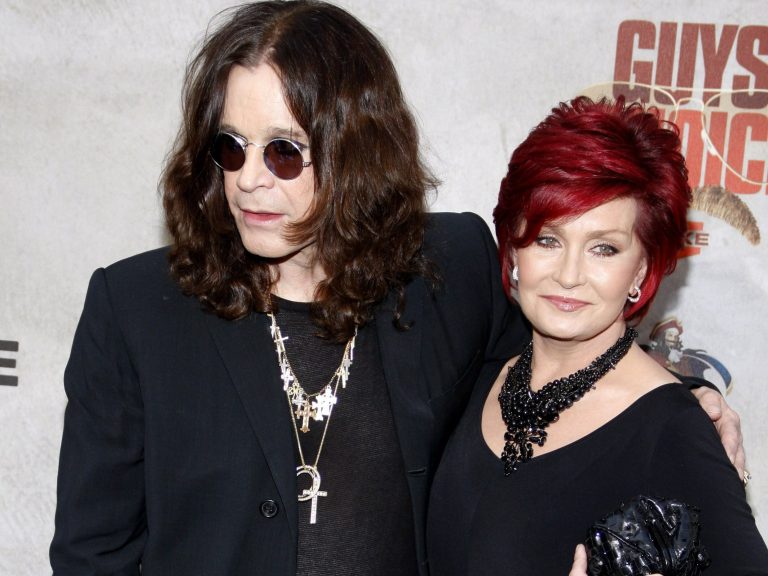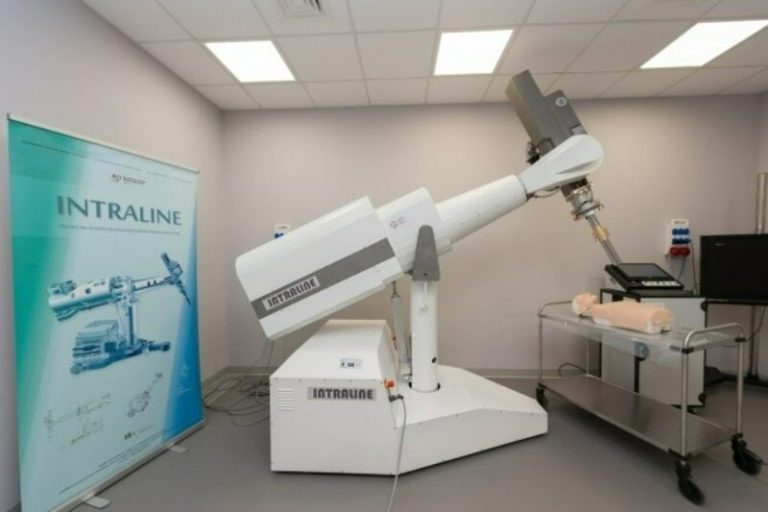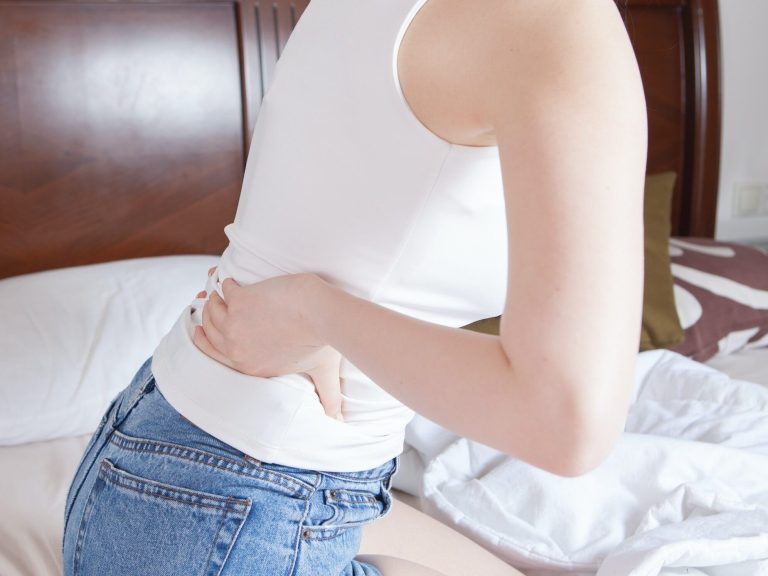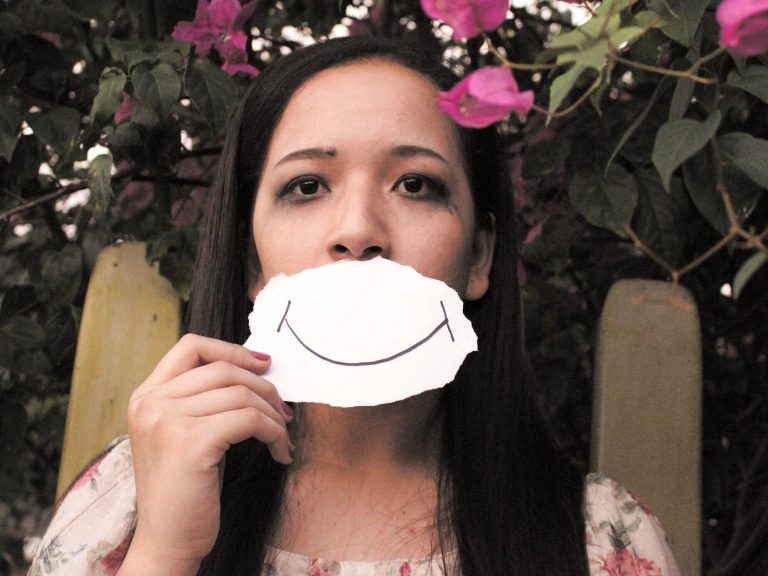National Consultant: We need safe treatments for children with bipolar disorder
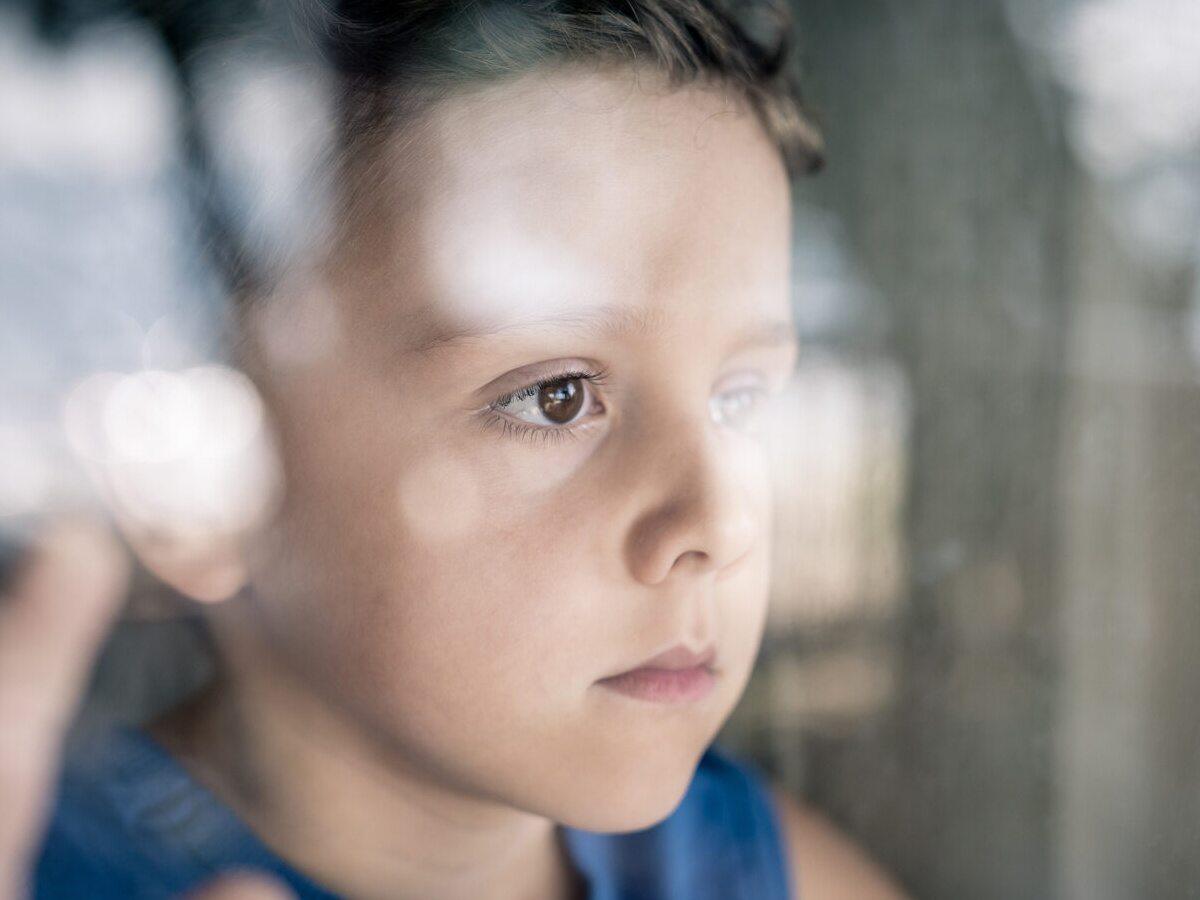
Psychotherapy alone is not enough: in bipolar disorder, biological balance in the central nervous system must be restored. There are modern preparations that can be used in children and adolescents, but the financial barrier is often a problem. We are trying to bring about changes, treatment is necessary, says Dr. Aleksandra Lewandowska, national consultant in the field of child psychiatry.
Katarzyna Pinkosz, Wprost: We have already become accustomed to the fact that children suffer from depression, but it is rarely realized that children suffer from BD – bipolar disorder, and it is very important not to wait with its treatment. How often does it occur in children and adolescents?
Dr. Aleksandra Lewandowska: This is quite a significant problem, it is estimated that it affects approximately 2% of children and adolescents. Diagnosis is very important, because in bipolar disorder, as in schizophrenia, apart from psychosocial influences, pharmacotherapy is extremely important to “organize” the biology of the central nervous system.
However, I regret to say that there is a problem in the field of pharmacotherapy because there is still a lack of adequate support for pediatric patients in terms of reimbursement of modern preparations. In the case of bipolar disorder in children and adolescents, both diagnosis and treatment are important. All the more so because the applicable diagnostic criteria are the same as for adults, and the clinical picture in children and adolescents is different than in adults.
Let us recall: what are the symptoms of this disease? What distinguishes it from depression or mood disorders?
Very often, the diagnosis of bipolar disorder is delayed, even by many months, unfortunately often due to lack of attention to the diagnosis. The disease very often begins with episodes of depression, and episodes of hypomania are less often noticed by others because they last for a shorter time than in adults. When making a diagnosis, a detailed interview should be taken, asking about periods associated with symptoms of hypomania, increased energy levels, disturbed sleep quality (very often sleepless nights); because making a diagnosis of “depressive episode” and not “bipolar disorder” is very important in the context of pharmacotherapy. If a doctor starts drug therapy for depression, unfortunately the consequences are very serious: the symptoms associated with bipolar disorder become more severe. Inadequate or delayed treatment is also associated with deterioration of quality of life, as well as poorer cooperation with the patient and family.
How does a child who has been diagnosed with bipolar disorder behave?
I can describe a patient who was admitted to our hospital. It was a 10-year-old boy. At a mental health clinic, he was diagnosed with depression.
He was admitted to us after a suicide attempt, when he threw himself in front of a car while walking with his mother. Fortunately, he was saved. During the diagnosis, when we had the opportunity to observe him twenty-four hours a day, apart from the episode of depression, we also noticed episodes of hypomania and mania.
It is very characteristic that bipolar disorder in children and adolescents often progresses with rapid phase changes. During the one and a half hour examination, the boy initially had a low mood, expressed resignation and suicide, cried and said that he saw no chance of leaving the hospital. After a while, he jumped on the bed, started running on it, saying how beautiful the world was, laughing and in a euphoric mood. Then he jumped on the windowsill and waved to people passing by the ward. In a moment he sat down and cried again. He said that when he looks at the window, he thinks about hurting himself.
This is a vivid example, but it shows how sudden mood changes can be. Sometimes the parents of a teenager – who exhibits depressive behavior during the day and does not sleep in the evening, only rearranging the furniture in the room – think that this is normal behavior for teenagers: “one moment he is in a depressed mood, and the next moment it is the opposite.” And not always a parent with a child goes to a specialist.
Children and teenagers diagnosed with bipolar disorder usually have impulsive and aggressive behavior, are irritable, have problems functioning at school and in peer groups, and are more often described as having anxiety disorders.
Sometimes they are diagnosed earlier and treated with other diagnoses – most often as mood disorders such as depression, but also anxiety disorders or attention deficit hyperactivity disorder. A large group also has co-occurring disorders, e.g. anxiety or attention deficit hyperactivity disorder.
We should also remember about the instability of the diagnosis: in the case of a child who was diagnosed at the age of 10 and had an anxiety disorder, other symptoms may develop in a year’s time, which, for example, entitle the child to be diagnosed with bipolar disorder. Diagnosing a child requires extreme attentiveness, but also time: it is impossible to make a diagnosis within 20 minutes. When difficulties arise in the area of diagnosis or treatment in an outpatient setting, hospitalization in an inpatient unit should be considered, because 24-hour observation is very helpful in such a situation.
In the case of bipolar disorder, drug therapy is necessary to change what is happening in the brain. How does drug therapy work?
It all depends on diagnosis. The indications for pharmacotherapy are different if the patient is diagnosed with an episode of depression in the course of bipolar disorder, and different if we are dealing with a manic or mixed episode. The preparations we can use are indicated for bipolar disorder in adults, but not in children, because there are no clinical trials conducted in this group. However, having appropriate knowledge, guided by the good of the patient and the Act on the profession of doctor and dentist, we are obliged to treat the patient with due care, based on available, modern methods. If we decide to use a preparation that is not registered in Poland in the pediatric patient population, we use it as an off-label treatment, i.e. outside the registration indications. We are talking here mainly about age, not about indications for the disease.
Taking into account that in the course of bipolar disorder we have disturbed transmission – mainly dopaminergic, noradrenergic and glutamatergic – we use preparations that are intended to put them in order. Pharmacotherapy is the basis, because if we do not achieve remission or significant reduction of symptoms, it is difficult to implement appropriate psychosocial interventions because the patient is not able to cooperate with us.
However, there is a problem with the reimbursement of bipolar disorder treatment in children?
The problem is that the only preparation registered by the FDA from the age of 10 (containing the active molecule lurasidone), recommended by well-known scientific societies in the world for the treatment of episodes of depression in the course of bipolar disorder, is not reimbursed. This is a preparation with the lowest risk of side effects because it has a negligible effect on weight gain and the cardiovascular system.
Bipolar disorder is a chronic disorder – very often patients treated in childhood and teenage years are then treated in adulthood. This is why safe and adequate therapy in children and adolescents is of great importance. In the case of a preparation that causes weight gain, other complications also develop, e.g. metabolic syndrome. There is also a risk that patients will not want to take the drug due to weight gain. In addition, there is the issue of adverse effects on the heart. Therefore, we would like to be able to use a preparation that does not have such side effects.
Do we know that the preparation is safe?
Yes, it is already reimbursed for schizophrenia in children from the age of 13 and is registered in the European Union for schizophrenia. It is registered in the United States for bipolar disorder from the age of 10. It is intended for the treatment of depressive episodes in the course of bipolar disorder, but there are more and more studies that give hope regarding the effectiveness of its use also in mixed episodes.
Child psychiatrists recommend this preparation, but it is not reimbursed, and for some families the price is prohibitive. In the case of adult patients, in the treatment of depressive episodes in bipolar disorder, we have several preparations that are recommended, registered and reimbursed. In children, it is the only preparation with such a safety profile that is recommended by global societies and can be used as monotherapy.
However, there are preparations that can be used in children with bipolar disorder and are reimbursed…
We can use the preparations in manic and mixed episodes. We do not have a reimbursed preparation that we can use in episodes of depression in adolescent patients suffering from bipolar disorder. And, as I mentioned, we should not wait with treatment, because drug therapy is necessary in this disease.

